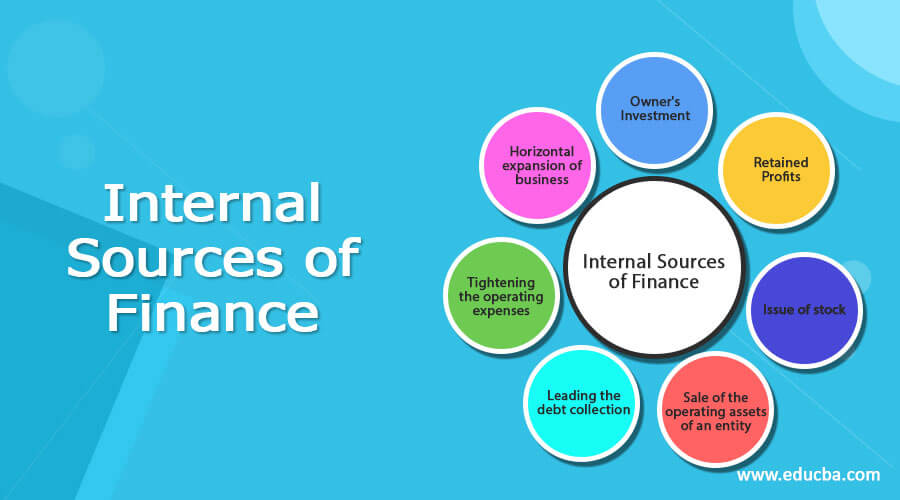
There are many options for those who want to work in operations consulting. You can find both project-based and long-term retained services from consulting firms. This industry has many years of experience and can offer valuable advice to clients. In addition to providing practical solutions, these consultants also offer a competitive salary.
The career prospects for operations consultants
If you enjoy helping companies improve their processes, you may want to consider a career as an operations consultant. This type of consultant helps businesses find areas of inefficiency and waste, and then creates a more efficient and profitable business. This career can be very rewarding. Some operations consultants have specialized knowledge in a specific industry or function while others specialize in generalists. No matter your choice, you must stay abreast of new technologies and be ready to work long hours.
To become an operations consultant, you will usually need a bachelor's degree. You will also need some experience working in the field. An education in statistics or business administration may be helpful. Furthermore, operations consultants must have strong communication skills.

For operations consultants, the salary range is
While the actual salary range for operations consulting is not established, there are some general benchmarks. This job description involves extensive collaboration with stakeholders from all levels of an organization to determine the requirements that align with their business goals. It also requires a strong understanding of the organization's existing processes. Consultants may also be closely involved with HR managers or compensation specialists. They often use salary data tools, benchmarks, surveys, and salary structures as part of their compensation strategies.
The typical salary range for operations professionals is between $90k-120k. The actual salary range for operations consultants is usually between $90k and $120k depending on many factors such as the company and position, experience, and level.
For operations consultants, education requirements
The industry in which operations consultants work determines what education is required. Many operations consultants start out as research associates or business analysts. Then they move up to become senior consultants or project managers. Once they have developed their skillsets and established a list of clients, they could become partners in consulting companies.
Most operations consultants have a bachelor's degree in a relevant field. This could be in management science, business administration, statistics, information technology, or management science. These degrees provide practical training in the areas where operations consultants are skilled. Operations consultants can also earn higher fees and attract more clients with an advanced degree.

As more data becomes available and companies become more data-driven they will be in greater demand for operations consultants. Lean manufacturing, which focuses on decreasing waste and improving efficiency, is also becoming more popular.
FAQ
How can I select a consultant?
There are three main things to keep in mind:
-
Experience - How skilled is the consultant? Is she an expert, beginner, intermediate or advanced consultant? Does her resume show that she has the necessary skills and knowledge?
-
Education – What did this person learn at school? Did he/she go on to further education after graduation? Is there evidence that he/she learned from the writing style?
-
Personality - Are we attracted to this person? Would we prefer him/her working for us?
-
These questions help to decide if the consultant suits our needs. If you don't have clear answers, it may be worth meeting with the candidate for an interview.
What is a consultant?
A consultant is someone who offers services to others. This is more than a job title. You help others achieve their goals. Helping others to understand their options, and then helping them make the best decisions.
Consultants are skilled at solving problems and overcoming challenges that can arise during projects. They also provide advice and guidance on how to implement those solutions.
Consulting should be able answer any questions related to technology, finance, law and management.
Who hires consultants
Many organizations employ consultants to assist in projects. These include small businesses, large corporations, government agencies, non-profits, education institutions, and universities.
Some consultants work directly with these organizations while others freelance. In both cases, the process for hiring depends on how complex and large the project is.
You will likely go through multiple rounds of interviews when hiring consultants before you choose the candidate you feel is the best fit for the job.
What is the difference between a consultant and an advisor?
A consultant provides advice on a topic. A consultant is able to provide solutions.
To help clients achieve their goals, a consultant works directly with them. Advisors advise clients indirectly via books, magazines, lectures and seminars, etc.
What tax do I have to pay on consulting income?
Yes, tax will be payable on any consultancy profits. This amount will depend on how much you earn each year.
If you're self-employed, you can claim expenses on top of your salary, including rent, childcare, and food.
But you won't be able to deduct interest payments on loans, vehicle depreciation, or the cost of equipment.
You can only claim back 25% of your expenses if you earn less than PS10,000 a year.
However, you might still have to pay tax if your earnings are higher than the threshold. This depends on whether you are an employee or contractor.
Employees are generally taxed through PAYE (pay as you earn) and contractors through VAT.
Statistics
- So, if you help your clients increase their sales by 33%, then use a word like “revolution” instead of “increase.” (consultingsuccess.com)
- Over 50% of consultants get their first consulting client through a referral from their network. (consultingsuccess.com)
- According to IBISWorld, revenues in the consulting industry will exceed $261 billion in 2020. (nerdwallet.com)
- Over 62% of consultants were dissatisfied with their former jobs before starting their consulting business. (consultingsuccess.com)
- My 10 years of experience and 6-step program have helped over 20 clients boost their sales by an average of 33% in 6 months. (consultingsuccess.com)
External Links
How To
How to find the best consultant
Ask yourself what you want from your new consultant before you start looking. Before you look for someone, you need to be clear about your expectations. Before you start looking for a consultant, make a list. This could include things like; professional expertise, technical skills, project management ability, communication skills, availability, etc. Once you've listed out these requirements, then you may want to consider asking some friends or colleagues who they would recommend. Ask your friends or colleagues about any negative experiences they have had with consultants, and compare their recommendations with yours. You can also do some online research if you don't know of any. You can post reviews on your previous work experiences on many websites like LinkedIn, Facebook and Angie's List. Use the feedback and ratings of others as a starting point to search for potential candidates. Once you have a short list of candidates, contact them to arrange an interview. You should discuss your requirements with the candidates and ask them how they can help. It doesn't really matter if they were recommended; as long as they understand your business objectives, they will be able to show how they could help you achieve them.